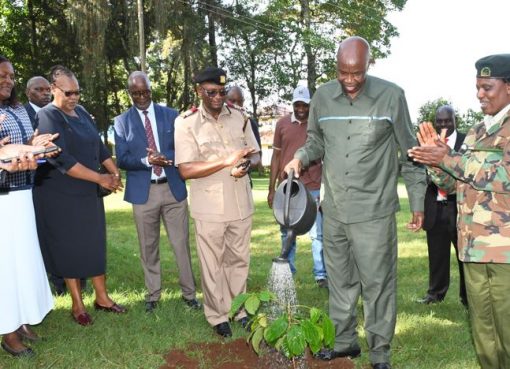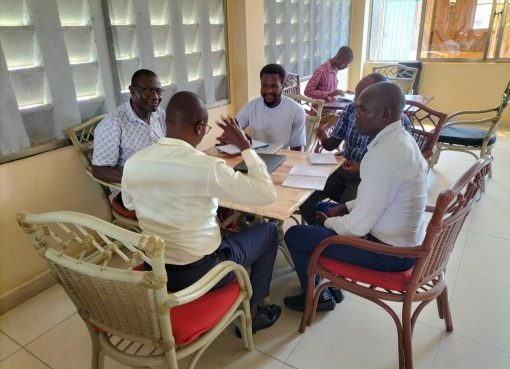In a major move toward community development, residents of Kiang’ombe Informal Settlement in Thika Municipality yesterday came together for an important consultative meeting.
The purpose was to review and approve the draft Community Development Plan (CDP), a strategic roadmap designed to bring positive change to the area.
The session allowed residents to share their input and ensure the plan aligns with their needs and aspirations.
The draft plan, prepared by Pamoja Trust, a consulting firm hired under the Kenya Informal Settlements Improvement Project (KISIP) was presented for community approval before finalization.
The document incorporates feedback collected during earlier public engagements. Proposed projects include drilling a borehole, building a social hall, setting up an ICT hub, creating market stalls, establishing a daycare centre, constructing a car wash, improving waste management, and launching agribusiness initiatives like poultry and pig farming.
Residents discussed these proposals in detail, particularly focusing on identifying the best locations for implementation.
Zenah Kurui, Head of the Socio-Economic Inclusion Team under the Kenya Informal Settlements Improvement Project (KISIP 2), has reaffirmed the need for active community participation in development initiatives, stating that such programs must reflect the people’s priorities.
She emphasized that the Community Development Program (CDP) is anchored on inclusivity, sustainability, and participatory governance.
“Our approach is designed to uplift livelihoods and ensure progress is driven by the communities themselves,” Kurui added.
The remarks underscore the government’s commitment to people-centred development, particularly in informal settlements, where grassroots input is key to sustainable growth.
County KISIP Coordinator Julius Mwololo, who leads the County Project Coordination Team (CPCT), expressed his support for the draft plan.
He confirmed that it accurately captured the residents’ input and urged the community to verify that their proposals were correctly included before final approval to prevent future disputes.
By Natasha Lelenguya



